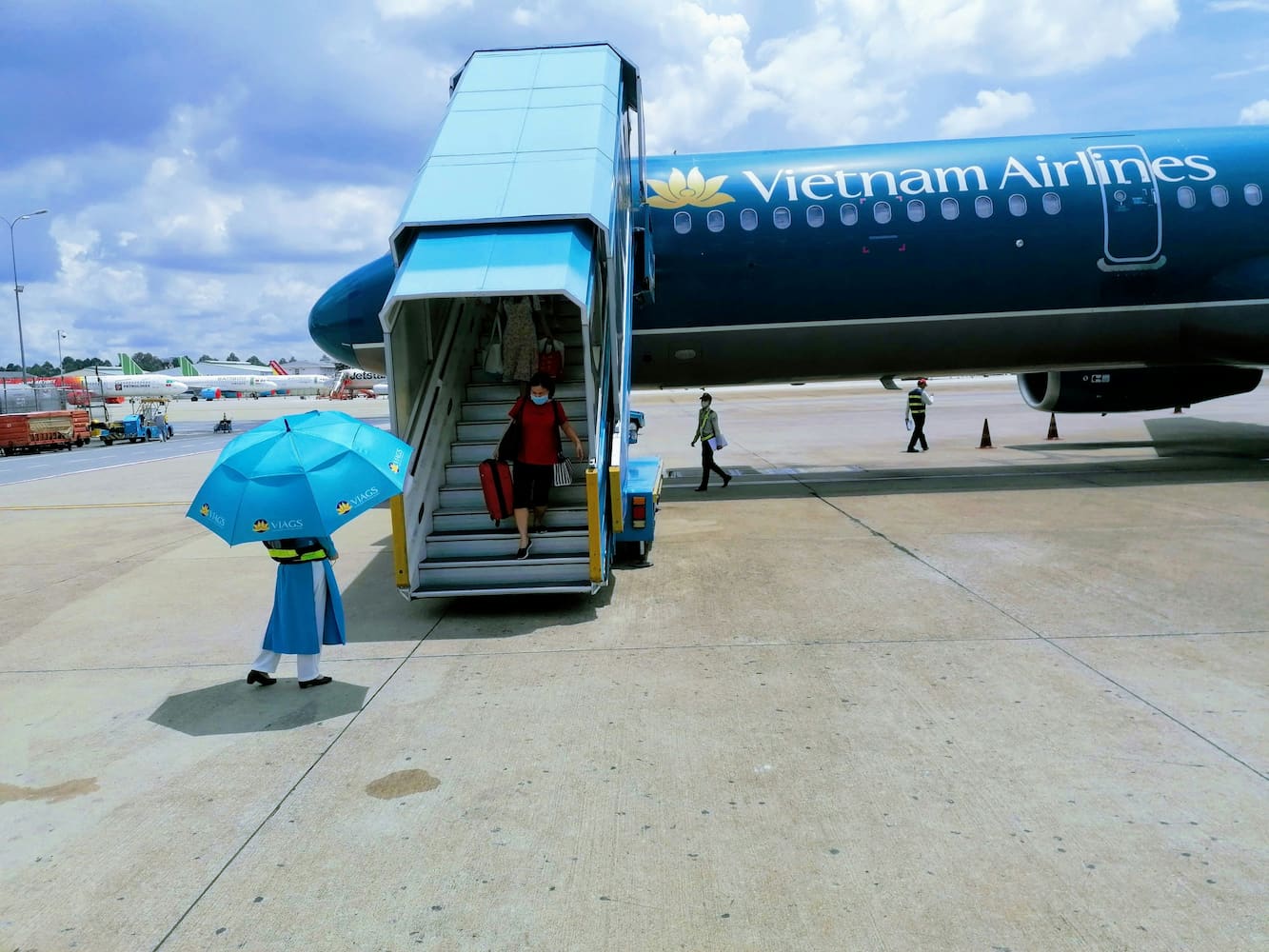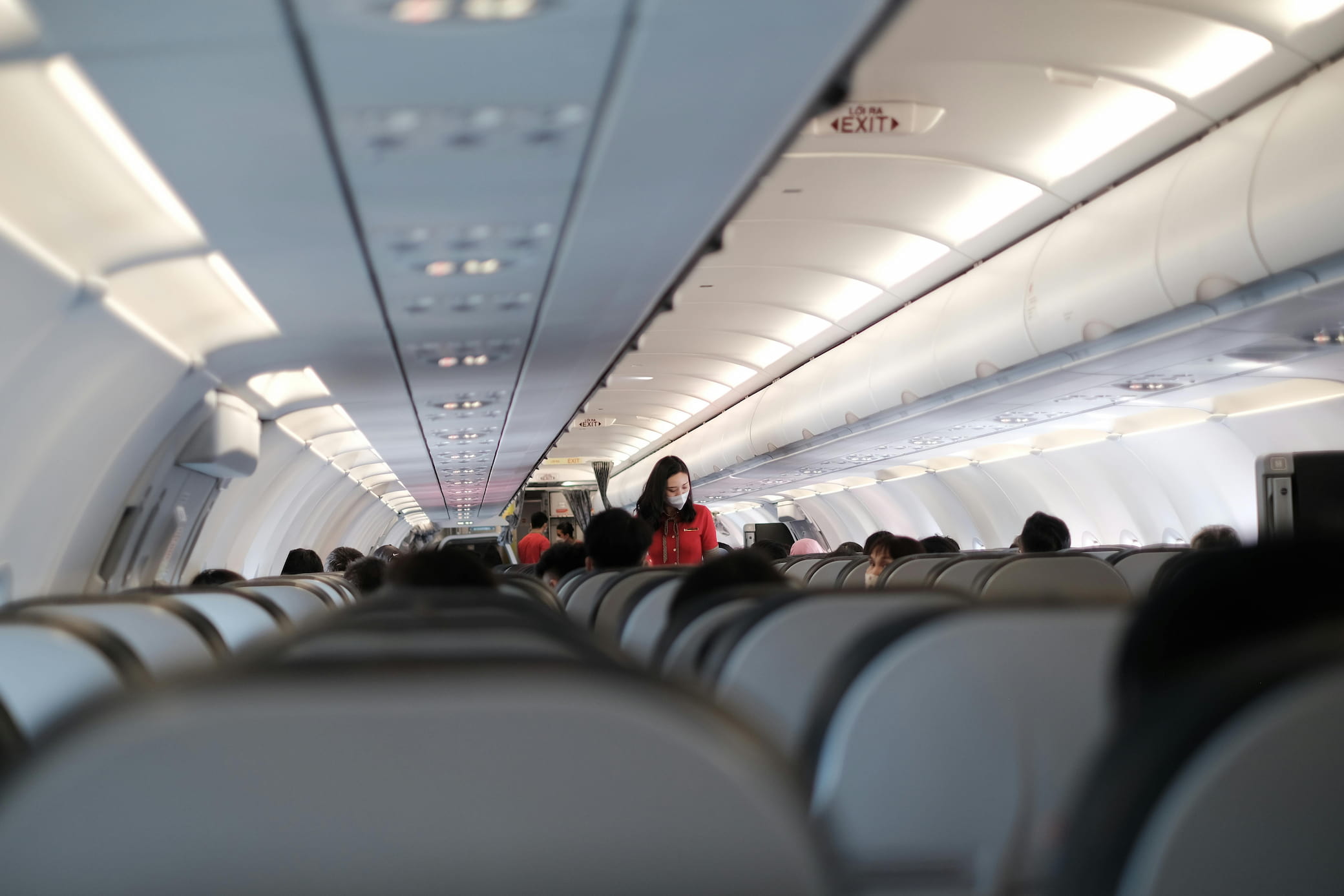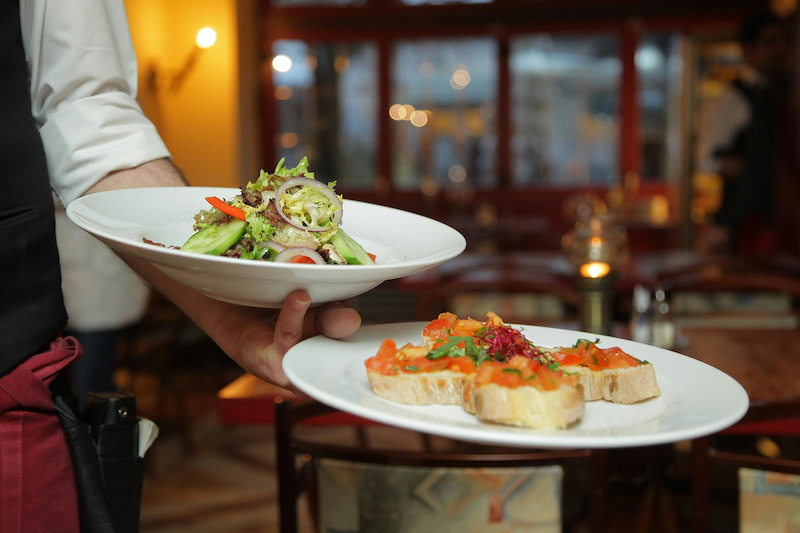Industry experts highlighted the impact of limited aviation capacity on tourism. Mr Martin Koerner, Group Commercial Director of The Anam and Vice Chairman of the German Business Association, emphasised the inadequacy and high costs of flights between Hanoi and popular destinations like Phu Quoc.
“The unavailability of important domestic flight routes causes significant problems to international travel agents as round trips through the country, stopping at various destinations from north to south, no longer can be done,” Mr Koerner said.
The aviation sector in Vietnam currently faces challenges as airlines deal with financial constraints impacting operations and cope with a severe aircraft shortage. Pacific Airlines and Bamboo Airways downsized their fleets due to financial issues, with Bamboo Airways returning 22 aircraft for debt restructuring as part of its business reorganisation.
This downsizing trend is evident in Vietnam's airline fleet, which saw a decrease of 18 aircraft compared to the previous year by April's end, with the current operational aircraft ranging from 165-170, significantly lower than the previous year's average. The recent grounding of over 40 Airbus Neo aircraft owned by Vietnam Airlines and Vietjet due to a global engine recall by Pratt & Whitney has worsened industry challenges, reduced supply, and led to higher airline ticket prices.
Mr Lukasz Kozlowski, CEO and co-founder of MakeYourAsia, CEEC Board Member, and Treasurer of Vietnam EuroCham Tourism and Hospitality Sector Committee noted that “with the increase in airfares, many travellers reconsidered their travel plans and opted for alternative modes of transportation or closer destinations. This has led to a shift in preferences towards destinations where airfares are more affordable, costing Vietnam businesses valuable revenue.”
Mr Kozlowski said: “When we compare Vietnam's aviation market to other countries in the Asia Pacific Region, we see that Vietnam has significant room for growth. For instance, the Philippines has 28 competing airlines, Indonesia 25, Japan 22, Malaysia 18, Thailand 18 (including Vietnam's Vietjet Air), South Korea 13, Cambodia 6, and Singapore 5.”
Associate Professor Alberto Bernabeo, Senior Program Manager in Aviation at RMIT Vietnam, pointed out that the Vietnamese aviation market is highly competitive with a strong growth rate, especially in the low-cost segment.
“The liberalisation of international aviation markets has benefitted air passengers and the economy by increasing competition and introducing new routes. However, other issues need addressing as the industry expands,” Associate Professor Bernabeo said.






